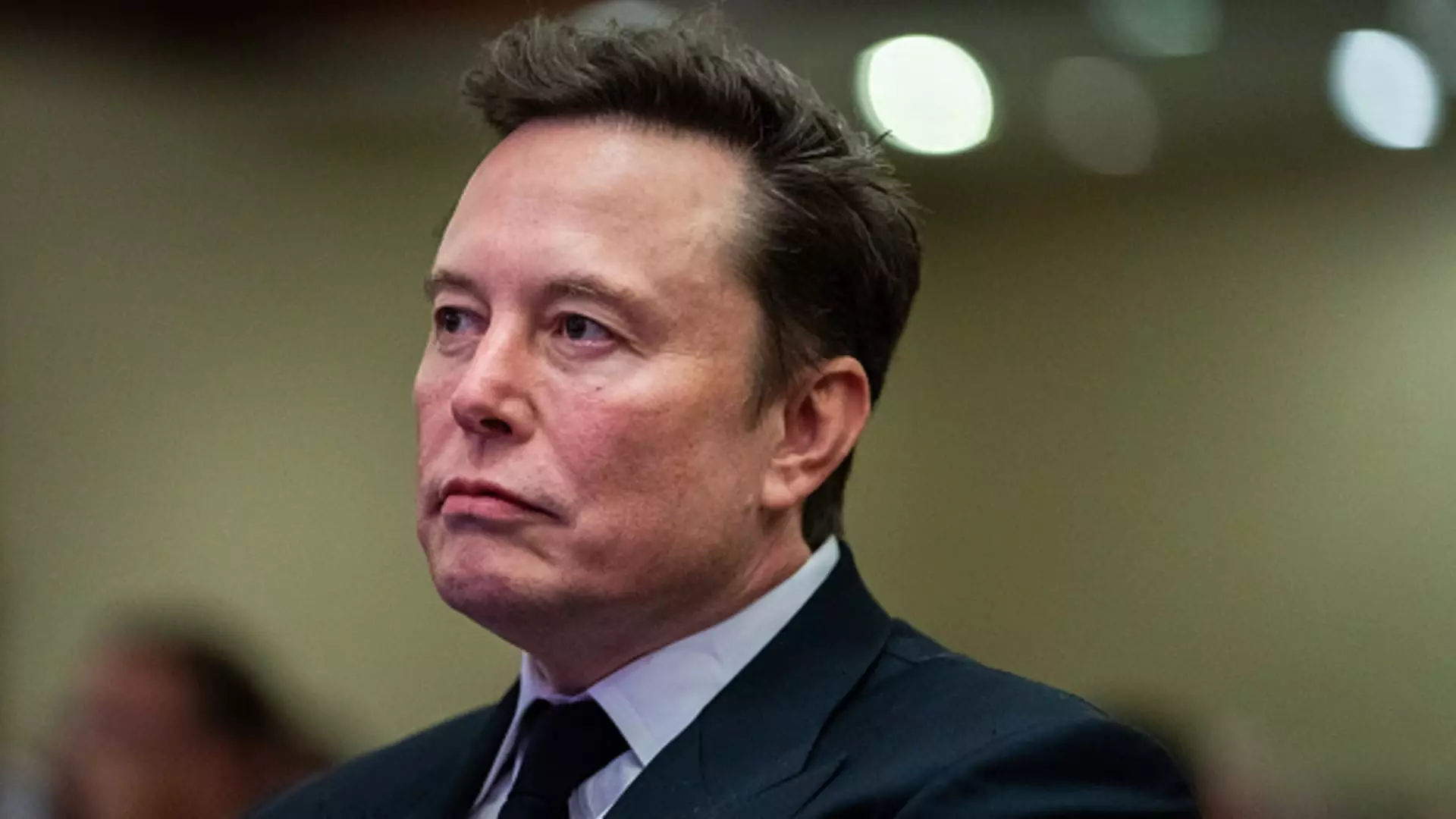Elon Musk, the high-profile CEO of Tesla and SpaceX, is once again embroiled in a legal battle, this time with the Securities and Exchange Commission (SEC). The SEC’s recent “settlement demand” has put Musk back in the spotlight, with implications that stretch beyond the ongoing negotiations. The case sheds light on Musk’s contentious relationship with regulatory bodies, illustrating broader issues around corporate governance, market transparency, and the influence of social media on investment decisions.
According to reports, the SEC initiated an investigation into Musk’s stock dealings related to Twitter, now rebranded as X, and Tesla shares. The investigation reportedly revolves around allegations of securities fraud stemming from Musk’s transactions in 2022. Specifically, the agency is keen to determine whether Musk’s sales of Tesla shares to finance his acquisition of Twitter were conducted in compliance with securities laws. By issuing a settlement demand, the SEC is applying pressure on Musk to comply quickly—an approach which Musk’s legal team argues is emblematic of ongoing harassment rather than genuine regulatory oversight.
Musk’s lawyer, Alex Spiro, claims that the SEC has engaged in “more than six years of harassment” against Musk and his associated companies. This sentiment underscores a growing trend where high-profile figures confront regulatory bodies, challenging their authority and questioning the motivations behind extensive investigations. The implication here is that the SEC may not simply be pursuing justice but instead potentially waging a campaign against a figure who has proven to be a constant thorn in their side.
In a stunning display of defiance and dark humor, Musk took to social media to share his grievances with the SEC. His Instagram post, laden with sarcasm, included an emotional emoji and a cartoonishly caricatured image of SEC Chair Gary Gensler. Such behavior reflects Musk’s strategy to undermine the perceptions of authority while engaging with his vast audience on platforms where he significantly influences public sentiment. By framing his struggles with the SEC as a personal appeal for fairness, Musk transforms regulatory scrutiny into a narrative of personal victimization.
The frivolity of these posts belies the serious nature of the investigations swirling around Musk’s actions. While humor can serve as a buffer against the stress of legal challenges, it also raises questions about accountability and the seriousness with which influential figures should engage with regulatory frameworks.
Musk’s relationships in political circles cannot be overlooked. His alignment with conservative politics, including significant financial contributions to Republican causes, positions him favorably with an audience that often views regulatory bodies as impediments to business innovation. The interplay between political favor and regulatory scrutiny further complicates the scenario, raising questions about bias and influence in the enforcement of securities laws.
Notably, former President Donald Trump has vowed to target regulatory bodies like the SEC. Following Trump’s election victories, the political landscape saw radical shifts that could well affect ongoing investigations into business practices of high-profile entrepreneurs like Musk. As SEC Chair Gensler prepares for potential political fallout, the dynamics of power can ambiguously impact the processes involved in regulatory oversight.
The ongoing SEC investigation also occurs within the context of the Oklahoma Firefighters Pension and Retirement System’s lawsuit against Musk. The pension fund accuses Musk of failing to disclose material information about his investments in Twitter, thereby misleading shareholders. This scenario illustrates the larger issue of transparency in public company transactions and highlights the fine line between legal maneuvering and ethical considerations.
As the case unfolds, it may set important precedents for how tech moguls navigate the complexities of securities law in an age dominated by social media. The implications for shareholders, regulators, and entrepreneurs are significant, prompting calls for clearer guidelines about disclosures and compliance in digital investment scenarios.
Elon Musk’s ongoing confrontation with the SEC exemplifies the volatile intersection of technology, investment, and regulatory enforcement. For Musk, this battle is not merely about legalities; it represents a broader confrontation with the very frameworks designed to ensure market integrity. As these developments continue to unfold, stakeholders from various sectors will undoubtedly be watching closely, eager to decipher what this means for future corporate governance and regulatory practices. The coming months may yield significant insights, not only for Musk but also for how regulators adapt to a rapidly changing economic landscape increasingly defined by influential figures operating at the intersection of technology and finance.


Leave a Reply